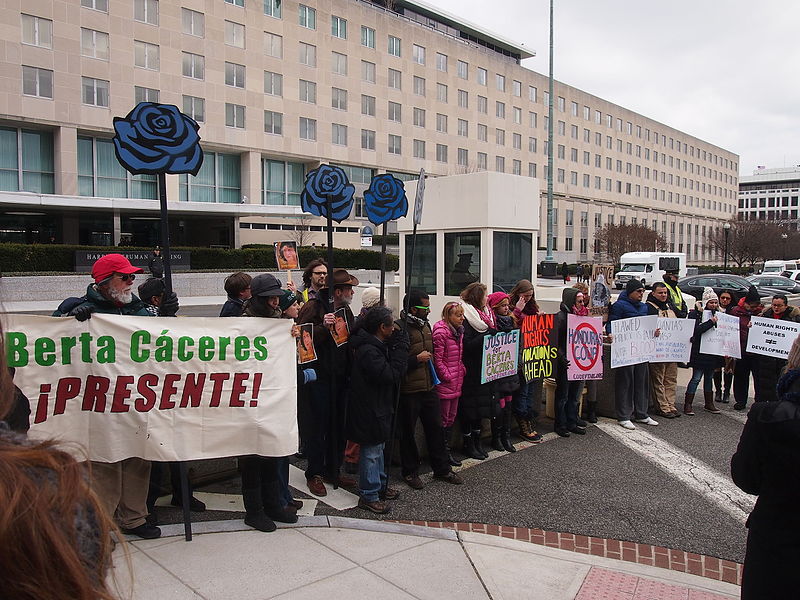A general comment on BEA which I’m inserting in each of these related posts: Even though it’s a publishers’ conference, it’s a great chance for authors like me to learn about the world we are part of, meet lots of people including reviewers, and listen to the top people in the business of promoting book talk about what they do, and what might help us. I’m glad I went. I’m going to do a series of highlights about the workshops I attended so other writers can get the benefit of those sessions too. Wish you’d been there.
Takeaways:
- Soon Goodreads will be offering Kindle e-book giveaways which they highly recommend and will promote
- The hope is that winners will write reviews, particularly pre-publication so that you’ll see reviews on the publication date
- It’s a powerful form of free social news
- The publisher chooses the length of the giveaway and the number of copies up to 100 – cost is $119
- A key factor is delivering the file to Kindle well in advance of pub date
- Established writers can now write directly to their fan base to help others break out, with a personal e-mail to each person who has rated them highly
- They are doing genre weeks to promote lots of books in one genre together
- The Nightingale case study shows several peaks after pre-publication reviews and advertising as well as a feature article in the Goodreads newsletter, and steadily high sales
- It’s important to engage with your readers. Specifically:
o Shelve books so readers see your taste
o Answer questions through Ask the Author
o Keep a blog or write status updates to stay in the front of readers’ minds
o Try for the Goodreads Choice Awards
o Give away lots of books pre-publication and bring personality to it
o Consider starting a group, or connect with an existing one by approaching the moderator personally, not the whole group
- Use advertising, which looks and feels like Goodreads content but is marked as sponsored
- People need to see the cover 6-12 times before they buy
- A profile is essential
- You can pitch the newsletter, which runs its own content, telling us why the audience wants to read this book.
Resources:
- https://www.goodreads.com/author/program
- https://www.goodreads.com/advertisers
- http://tinyletter.com/Goodreads
- Advertising manager is [email protected], Lisa Jablonsky
- https://www.goodreads.com/list
Speakers:
Patrick Brown, head of author marketing at Goodreads
Laura Clark, St. Martin’s Press


 On the morning of February 25, 1941, the dockworkers stopped. Then the trams shut down. Many others followed, and soon the city was at a standstill except for the people in the streets singing and marching. (For a little more information and a nice photo of the memorial statue of the Dockworker, look
On the morning of February 25, 1941, the dockworkers stopped. Then the trams shut down. Many others followed, and soon the city was at a standstill except for the people in the streets singing and marching. (For a little more information and a nice photo of the memorial statue of the Dockworker, look 